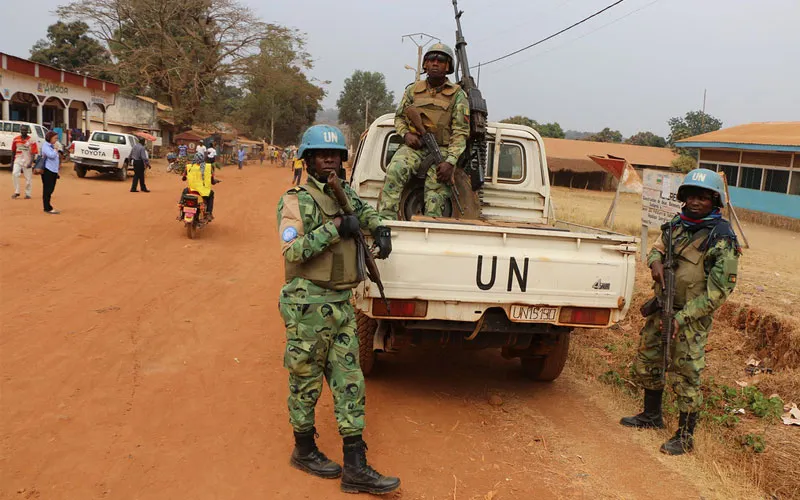Bossangoa, 05 January, 2021 / 3:22 pm (ACI Africa).
A week after general elections in the Central African Republic (CAR), a Bishop ministering in the landlocked nation says the country’s population is living “in fear and anxiety” due to the uncertainty surrounding the ongoing confrontation between armed rebels and the military forces.
“The population lives in fear and anxiety about the uncertainty of what might happen the next day,” the Bishop of Bossangoa Diocese, Nestor-Désiré Nongo-Aziagbia has been quoted as saying in a Tuesday, January 5 report.
Following the December 27 election held amid insecurity and political tensions, Bishop Nongo-Aziagbia, a member of the Society of African Missions (SMA) says the people of God in CAR are “going through a period of turbulence.”
The turbulence is due to a “resurgence of military activities and the intensification of armed clashes” between the rebels under the Coalition of Armed Groups for Change (CPC) and the Central African armed forces with the support of certain partners,” the 50-year-old Bishop says.
The Bishop who doubles as the President of the Central African Episcopal Conference (CECA) further says that armed confrontation has led to the occupation of the main supply route from Cameroon, a situation that has caused “a slowdown in economic activities in the country.”








